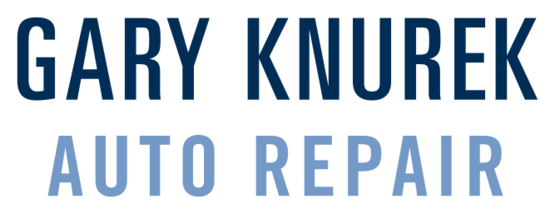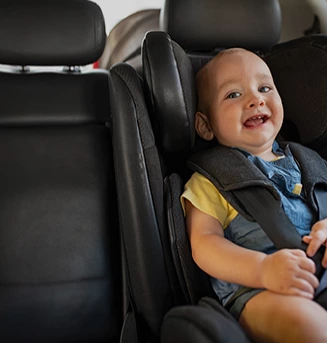Always on Guard (TMPS)
December 25, 2022
One of the most important things you can do to keep your vehicle running safely is to make sure your tires are properly inflated. If one or more is vastly over- or underinflated, that has the potential to cause major handling problems and may result in a dangerous accident.
All vehicles in recent years are equipped with Tire Pressure Monitoring Systems, or TPMS. One system uses small sensors in the tires that continually check the pressure in each tire. That sensor sends a signal to computers in your vehicle which turns on an instrument panel light warning of low pressure when at least one is very low. Or it may update a numeric reading on your instrument panel which gives you an approximation of how many PSI (pounds per square inch) of air is in each tire.
Another system works with your antilock brake system to measure the size of your vehicle’s tires. When one wheel is going faster than another, it will spin faster. A computer sees that and alerts you that tire’s diameter is smaller than the others and therefore must be underinflated.
No matter what system you have, it’s also helpful for you to know how much pressure each tire is supposed to be inflated to. You can find that on a label on the driver’s side door sill. In addition, the TPMS system should not be used as a substitute for checking your tires with a tire gauge since the TPMS accuracy usually isn’t quite as precise. Keep in mind that tire sensors can fail, so each system acts as a backup for the other.
Since many vehicles these days don’t have spare tires, it’s good to know that your TPMS can warn you if you have a leak in one of your tires. If you get a low-pressure warning, many systems will tell you which tire is low, so you can do your own visual check. Often you can see if you’ve picked up a nail or a screw if it’s sticking out of the tread or near the sidewall.
Being able to receive an early warning from your vehicle of abnormal tire pressure may give you a chance to safely drive to a service center before your tire slowly goes completely flat (which can ruin the tire and badly damage the rim). It also may ultimately prevent you from being stranded somewhere with a flat tire or, most importantly, having a sudden blowout on the road.
Gary Knurek GoodYear
1973 Livernois
Troy, Michigan 48083
248-362-0350
Need Service?
More articles from Gary Knurek, Authorized GoodYear Dealer

Don?t Be Hosed (Radiator Hose Replacement)
February 22, 2026
If you are like most drivers, you dont worry too much about what shape your radiator hoses are in. But they are a vital part of your coolant system, helping carry engine coolant from the hot engine to where it is cooled off in the radiator. When the cooling system has a problem, you will likel... More

You Are the Fluid Detective! (Leaking Fluids)
February 15, 2026
When you see some liquid sitting underneath your vehicle, your mind starts churning. Is that normal? Is that something serious, or did I just spill my drink? Heres a quick list of what those fluids look, smell and feel like, as well as what they might be. No, we dont recommend you taste them to ... More

Gearing Up (Differential Fluid Service)
February 8, 2026
You may have never thought about it, but when you turn a corner, the wheels on one side of your vehicle turn at a different speed than the other side. What is this magic? The answer is something called the differential. A differential is a gear box placed between the drive wheels and needs lub... More









